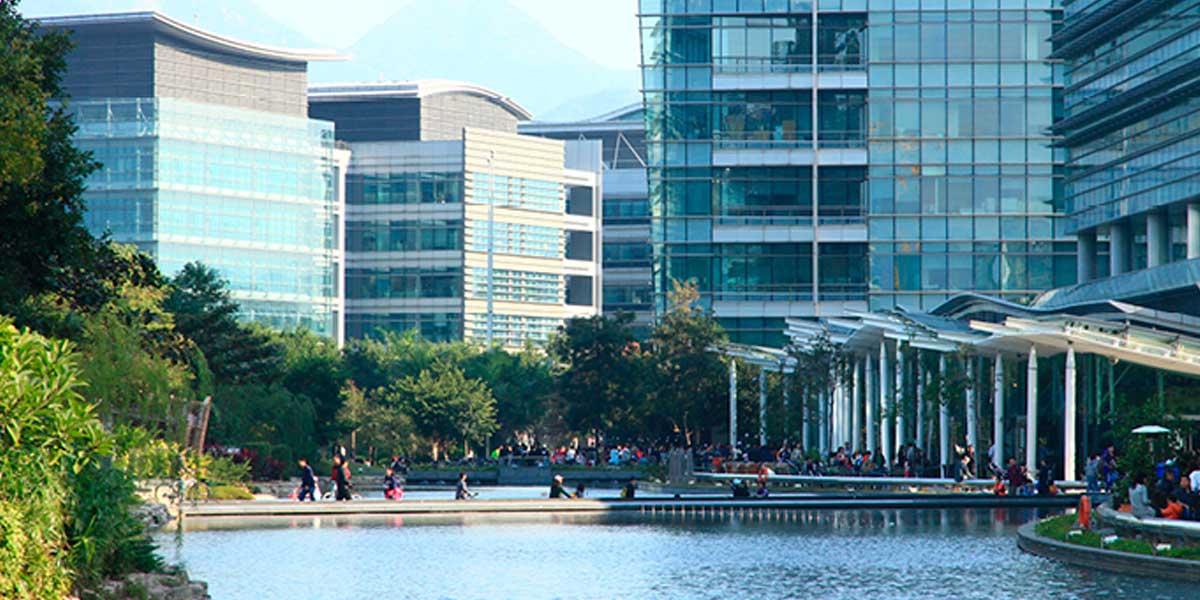The real estate business is undergoing a dramatic change towards incorporating environmental, social, and governance (ESG) considerations into its practices. The acknowledgment of the industry's significant influence on the environment, society, and long-term financial performance is driving this shift. As we progress towards a more sustainable future, real estate developers, investors, and occupiers are increasingly embracing ESG principles in order to create value, manage risks, and solve important global issues such as climate change and social inequality.
Environmental Sustainability in Real Estate:
Environmental sustainability is a key component of ESG in real estate. The industry accounts for a sizable portion of world energy consumption and greenhouse gas emissions. In order to solve this, there is a growing emphasis on lowering energy use, enhancing resource efficiency, and implementing renewable energy solutions in buildings. LEED (Leadership in Energy and Environmental Design) and BREEAM (Building Research Establishment Environmental Assessment Method) certifications for green buildings have acquired universal acceptance as benchmarks for environmentally friendly construction and operation. To reduce the environmental impact of their projects, real estate developers are implementing energy-saving technologies such as smart lighting, efficient HVAC systems, and solar panels.
Social Responsibility in Real Estate:
ESG issues in real estate include social factors as well. The sector is increasingly focused on establishing healthy and inclusive communities that improve residents' quality of life. This includes making amenities available, boosting public transportation and walkability, including green areas, and addressing the demand for affordable housing. Furthermore, real estate developers are emphasising labour practises, community participation, and diversity and inclusion. Real estate developments that incorporate social sustainability principles can benefit the well-being of both the inhabitants and the surrounding community, generating a sense of belonging and social cohesiveness.
Governance and Transparency in Real Estate:
The importance of good governance in ESG integration in real estate cannot be overstated. Transparent and ethical practices, excellent corporate governance, and board diversity are all critical components in establishing trust and accountability. To provide standardised and comparable ESG data to stakeholders, real estate corporations are increasingly using sustainability reporting frameworks such as the Global Reporting Initiative (GRI) and the Task Force on Climate-related Financial Disclosures (TCFD). Real estate enterprises can improve their reputation and attract investors that value sustainable practices by assuring openness and accountability.
Benefits of ESG Integration in Real Estate:
Adopting ESG principles in real estate has various advantages. It can result in higher property prices, lower operational costs due to energy efficiency, more tenant satisfaction and retention, access to green financing options, and lower reputational hazards. Furthermore, as investors prioritise ESG issues, sustainable real estate practices are more likely to attract capital and enjoy long-term financial performance.
Government Regulations and Financial Support:
Governments are enacting legislation and providing incentives to encourage the growth of ESG in real estate. Many countries have enacted building energy efficiency standards and renewable energy targets. Furthermore, financial institutions are developing green financing methods such as green bonds and sustainability-linked loans, which offer favourable terms to real estate developments that meet certain ESG requirements. These regulatory regulations and financial incentives are critical in promoting the adoption of sustainable practices throughout the real estate business.
Conclusion:
The inclusion of ESG factors is critical to the long-term viability of real estate. Environmental sustainability, social responsibility, and good governance are critical components of developing durable, appealing, and future-proof real estate assets. By embracing ESG principles, the sector may help to make the world a more sustainable place while also reaping the economic rewards of sustainable practices
About the author:

Mohit is the Executive Director and CEO of the prestigious Shubhashish Group in Rajasthan. He graduated in Architecture from Malviya National Institute of Technology, Jaipur, and further honed his business acumen at the University of Oxford. Mohit is also an esteemed member of the Executive Committee of Young Indians (CII Rajasthan) and is the Chairperson of its Learning Vertical, CREDAI Rajasthan, and TIE.





















